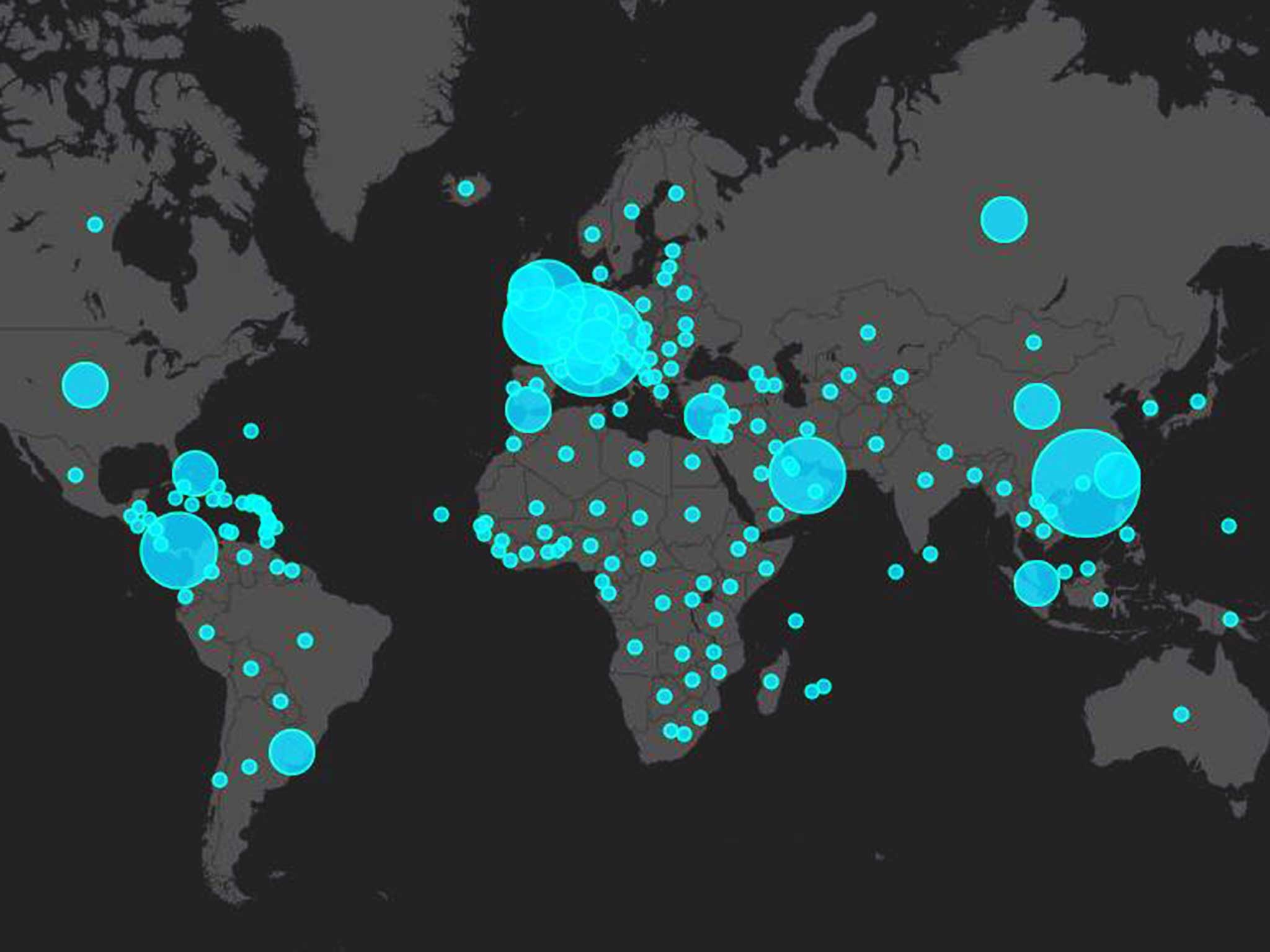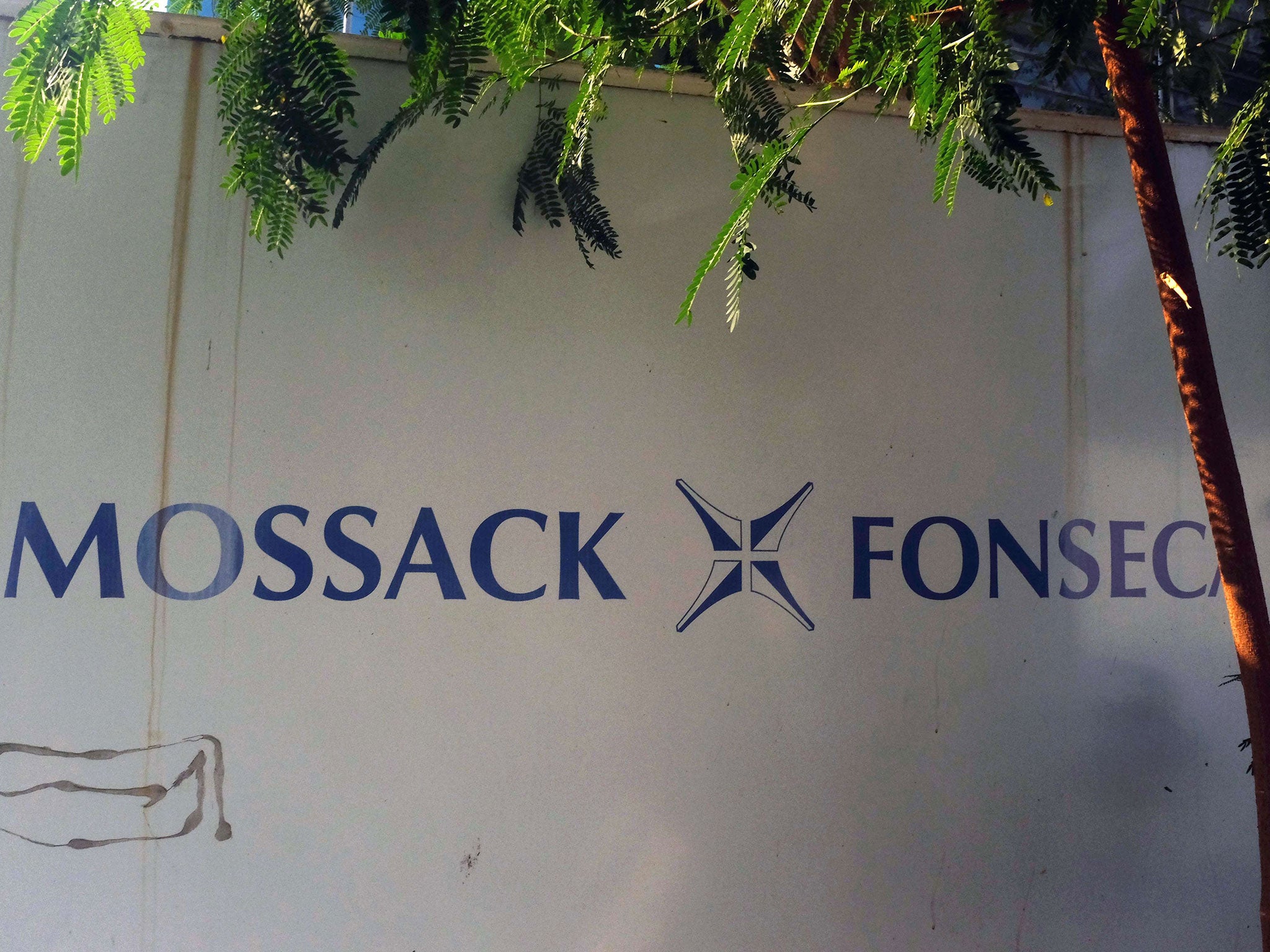Panama Papers: Whistleblower breaks silence to explain why they leaked the 11.5m files
'I decided to expose Mossack Fonseca because I thought its founders, employees and clients should have to answer for their roles in these crimes'

The whistleblower behind the massive Panama Papers data leak has broken their silence to explain how injustice drove them to release the information.
The leaker - whose identity remains a secret - wrote a column for German newspaper Suddeutsche Zeitung explaining their reasoning and insisting they were not a spy.
In April, the leak of 11.5 million documents from the offices of Panamanian law firm Mossack Fonseca caused a massive worldwide scandal which led to the resignation of the Icelandic Prime Minister.
Allies of Russian President Vladimir Putin, Prime Minister David Cameron’s father and several top Fifa executives’ names appeared in the financial documents stretching back 40 years.
The majority of the files document legal activity - but critics have accused worldwide elites of hoarding their wealth in offshore tax havens while ordinary people have been hit by recession, austerity and the increasing cost of living.
The source wrote: “Income inequality is one of the defining issues of our time. It affects all of us, the world over.

“Shell companies are often associated with the crime of tax evasion, but the Panama Papers show beyond a shadow of a doubt that although shell companies are not illegal by definition, they are used to carry out a wide array of serious crimes that go beyond evading taxes.
“I decided to expose Mossack Fonseca because I thought its founders, employees and clients should have to answer for their roles in these crimes, only some of which have come to light thus far. It will take years, possibly decades, for the full extent of the firm’s sordid acts to become known.”
The source criticised the legal profession in particular, saying they helped Mossack Fonseca set up tens of thousands of shell companies in offshore tax havens - more than half of which were based in the British Virgin Islands.

They said their decision to share the files with Suddeutsche Zeitung and the International Consortium of Investigative Journalists (ICIJ) was “not for any specific political purpose” but because “I understood enough about their contents to realise the scale of the injustices they described”.
The leaker said they did not work for a government or intelligence agency as a member of staff or as a contractor and they never had.
In their 1,800-word manifesto they claimed the Conservative party had been “shameless about concealing their own practices involving offshore companies”.
They called on the European Commission, the British Parliament, the United States Congress, and all nations “to take swift action not only to protect whistleblowers, but to put an end to the global abuse of corporate registers”.
They said they UK Government needed to do more and called for it to introduce public registers of offshore companies which would show who benefits from them.
“The UK still has a vital role to play in ending financial secrecy on various island territories, which are unquestionably the cornerstone of institutional corruption worldwide”, they explained.
The source expressed their admiration for NSA whistleblower Edward Snowden - who revealed in 2013 that the US and UK government routinely spy on their own citizens.
Mr Snowden is currently living in Moscow after being charged with espionage by the US.
They said: “For his revelations about the NSA, he [Snowden] deserves a hero’s welcome and a substantial prize, not banishment”.
The source ended their manifesto on a positive note.
They said imbalances of power in the past had “led to revolutions” and “military might was needed to subjugate people” whereas now “curtailing information access is just as effective”.
Despite this: “We live in a time of inexpensive, limitless digital storage and fast internet connections that transcend national boundaries.
“It doesn't take much to connect the dots: from start to finish, inception to global media distribution, the next revolution will be digitised.
“Or perhaps it has already begun”.
Mossack Fonseca has said it was hacked by servers based abroad and has filed a complaint with Panamanian authorities.
It told the BBC the information has been had been misrepresented and it had not acted illegally.
Join our commenting forum
Join thought-provoking conversations, follow other Independent readers and see their replies
Comments
Bookmark popover
Removed from bookmarks